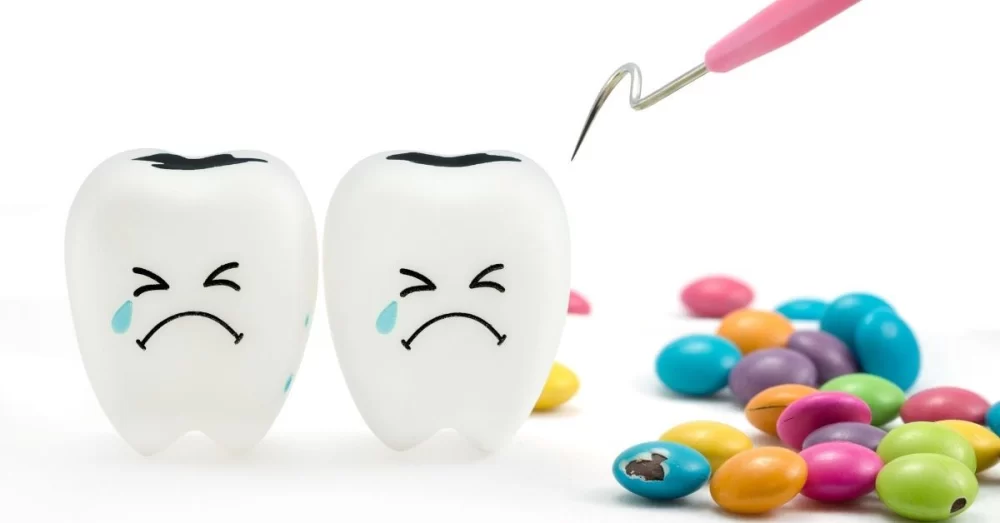
- why-sugar-harms-dental-health
- how-sugar-contributes-to-tooth-decay
- real-life-consequences-of-sugar-on-teeth
- practical-ways-to-avoid-sugary-foods
- professional-insight-and-prevention
1. Why Sugar Harms Dental Health
Sugar isn’t just a dietary concern for weight gain—it’s a major culprit in compromising oral health. When you consume sugary foods, you feed harmful bacteria in your mouth. These bacteria produce acids as they digest sugar, which can wear down your tooth enamel over time. The result? A higher risk of tooth decay, cavities, and gum problems.
Understanding the importance of avoiding sugary foods to protect dental health starts with acknowledging how sugar operates in the mouth. It’s not the sugar itself that directly causes cavities, but its role as a catalyst for acid production. This acid is what erodes enamel and sets the stage for long-term dental issues.
2. How Sugar Contributes to Tooth Decay
Tooth decay is a gradual process, but one heavily accelerated by frequent sugar intake. When sugary snacks or drinks are consumed repeatedly throughout the day, the mouth doesn’t have time to neutralize the acid. This repeated exposure keeps enamel under constant attack.
2.1 The Role of Plaque and Acid
Dental plaque, a sticky film of bacteria, thrives on sugar. Once fed, it produces acid that can linger for up to 20 minutes after eating. Over time, these acid attacks weaken tooth structure, leading to visible decay.
2.2 Hidden Sugars in Everyday Foods
Even so-called “healthy” foods can be loaded with hidden sugars—think yogurt, granola bars, fruit juices, and cereals. Avoiding sugary foods means developing an awareness of ingredient lists and understanding that even natural sugars, in excess, pose risks to your dental health.
3. Real-Life Consequences of Sugar on Teeth
Take the case of Sarah, a 28-year-old teacher who came to our clinic at Dentistry Toothtruth complaining of increased tooth sensitivity. Her diet included several sweetened coffees daily and frequent fruit snacks. Upon examination, we found multiple early-stage cavities. Once she reduced her sugar intake and followed a customized dental care plan, her sensitivity decreased and no new decay appeared in subsequent visits.
Sarah’s story is not unique. A recent survey revealed that nearly 60% of young adults have untreated cavities, with high sugar consumption being a common denominator. Reducing sugar isn’t just about avoiding pain—it's about preserving natural teeth and avoiding costly dental procedures.
4. Practical Ways to Avoid Sugary Foods
4.1 Read Labels and Understand Ingredients
Many processed foods use different names for sugar—fructose, glucose, corn syrup, and more. By learning to identify these, you can make more informed dietary decisions. When shopping, aim for products labeled "no added sugars" and always check the nutrition facts panel.
4.2 Replace, Don’t Restrict
Cutting out sugar doesn’t mean flavorless meals. Swap sugary snacks for whole fruits, nuts, or cheese. Opt for sparkling water with lemon instead of soda. These small changes are not only better for your teeth but also beneficial for your overall health.
4.3 Timing Matters
If you do consume sugary items, have them with meals rather than as standalone snacks. Saliva production increases during meals, helping to neutralize acid and rinse food particles. Avoid late-night sweet treats when saliva flow decreases naturally.
5. Professional Insight and Prevention
Dentists consistently emphasize the importance of avoiding sugary foods to protect dental health. Regular dental check-ups, fluoride treatments, and professional cleanings go hand-in-hand with diet. At Dentistry Toothtruth, our team combines dietary guidance with preventive care to help clients maintain optimal oral health.
Our approach is personalized—whether you're dealing with existing dental issues or aiming to prevent them, we recommend tailored strategies that include smart eating habits, better brushing techniques, and regular follow-ups. Staying proactive is the most effective way to protect your smile.
Remember, small changes in your daily eating habits can lead to a lifetime of stronger teeth and fewer dental bills. Ready to start your journey to better oral health? Visit us at Dentistry Toothtruth and let us help you find the best path forward.

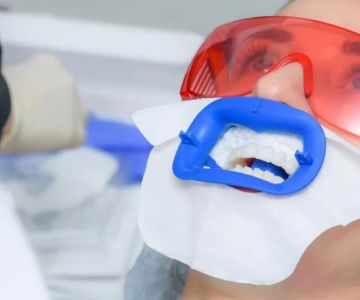
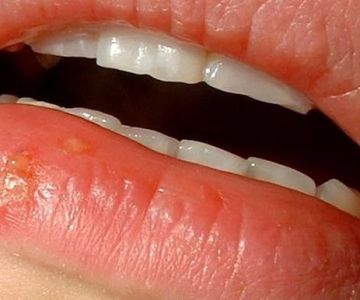
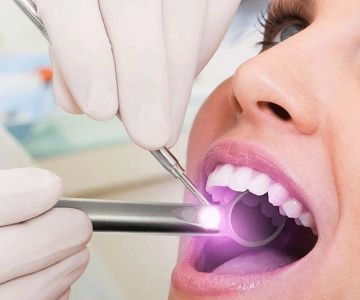

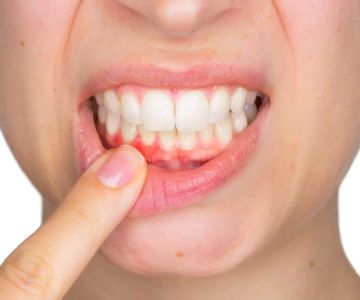
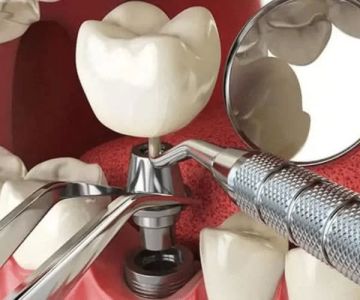
 Westgate Dental Arts
Westgate Dental Arts Coventry Family Dental
Coventry Family Dental Familia Dental
Familia Dental Dr. Daniel S. Fife, DDS
Dr. Daniel S. Fife, DDS Dentistry At Suburban Square: Michael I. Wollock, DMD
Dentistry At Suburban Square: Michael I. Wollock, DMD Comfort Care Dental
Comfort Care Dental The Importance of Oral Health Education During Pregnancy for a Healthy Pregnancy
The Importance of Oral Health Education During Pregnancy for a Healthy Pregnancy Why Skipping Dental Checkups Can Lead to Bigger Oral Health Problems
Why Skipping Dental Checkups Can Lead to Bigger Oral Health Problems Best Tips for Brushing Your Teeth Properly for Healthy Gums: Essential Techniques for Oral Health
Best Tips for Brushing Your Teeth Properly for Healthy Gums: Essential Techniques for Oral Health Advantages of Porcelain Dental Restorations
Advantages of Porcelain Dental Restorations How Can Diabetes Cause Tooth and Gum Problems? Preventing and Managing Oral Health Issues
How Can Diabetes Cause Tooth and Gum Problems? Preventing and Managing Oral Health Issues Healthy Habits for Promoting Good Oral Health and Hygiene: Tips for a Healthy Smile
Healthy Habits for Promoting Good Oral Health and Hygiene: Tips for a Healthy Smile